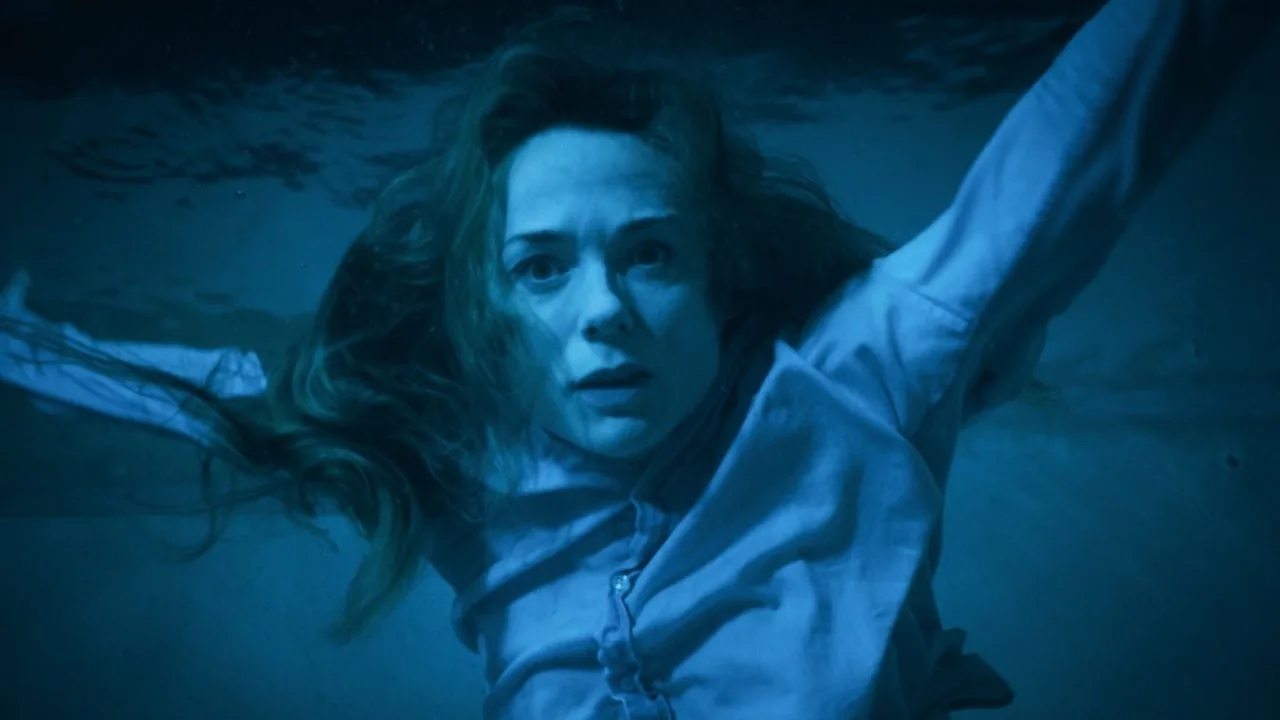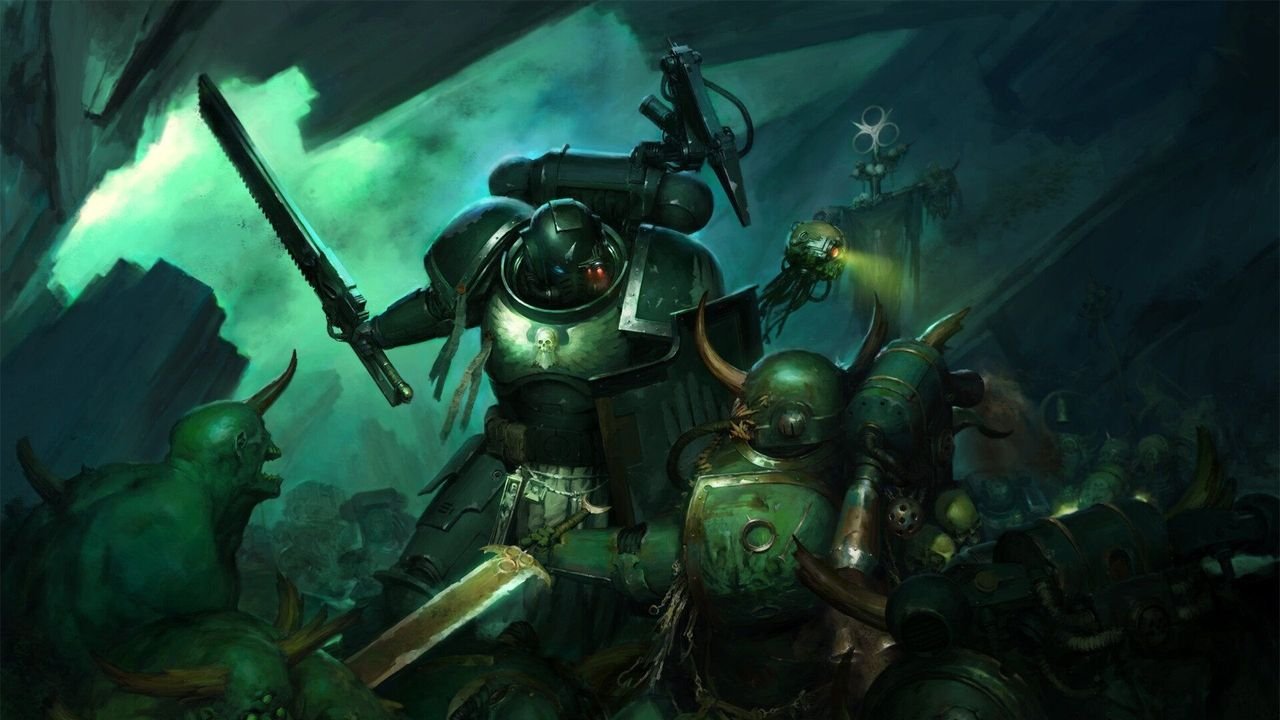Night Swim Review
In a way, Night Swim is a return to form. The horror genre’s creative and cultural ascent has meant that the genre’s most recent offerings in early January – traditionally a “dumping ground” for stillborn projects like The Forest or The Devil Inside – have actually been pretty good. In 2022, the rebooted Scream kicked off the year in horror. In 2023, it was the instant camp classic M3gan. But that winning streak ends in 2024. January is a doldrums month once again, thanks to one unlucky family and their cursed pool.
Bryce McGuire’s feature debut both is and isn’t an original horror concept: Neither a reboot nor a sequel, it’s based on the director’s own short film of the same name. That being said, this Night Swim isn’t all that derivative of the first one – imagery of a dark figure distorted by refracted underwater light is about all that carries over. But the structure McGuire adopts in expanding Night Swim is very similar to that of 2022’s Smile, another recent horror film that traveled the path from short to feature. And that’s just one of its many overly familiar elements.
Following a splashy (pun intended, as are any that follow) opening kill, Night Swim introduces the Wallers, a family of broadly sketched characters whose nomadic lifestyle comes with dad Ray’s (Wyatt Russell) job as a professional baseball player. Mom Eve (Kerry Condon) handles their frequent moves with grace – she was a Navy brat, one of two things we learn about her in the course of 98 minutes – and quiet resentment. Daughter Izzy (Amélie Hoeferle) seems like a normal, rebellious teen, and in fact, she’s the most credible human being in the movie. But son Elliott (Gavin Warren)? Well, they’re worried about him.
Not as worried as they are about Ray, whose recent multiple sclerosis diagnosis ended his athletic career. The one upside to this cataclysmic situation is that the Wallers can finally afford a house in a California neighborhood unconvincingly standing in for the Twin Cities suburbs. Eager to put down roots, the Wallers rush into a suspiciously good deal on a place with an in-ground pool – suspicious not because it’s a stupid thing to have in your yard in a state where it’s too cold to swim 10 months out of the year, but because of the mysterious deaths and disappearances linked to said man-made lagoon.
The pool’s sinister past is conveniently omitted during a real-estate showing, but it becomes clear enough when, beat by predictable horror-movie beat, the Wallers start noticing strange apparitions and hearing voices from beneath the water. As it turns out, their new house sits atop a natural spring that has the power to grant wishes… for a price. This introduces the potential for an interesting, Tales from the Crypt-style morality play – one that isn’t developed to its loaded, shocking potential once the water senses Ray’s desire for healing.
One mistake Night Swim makes early and often is referring to the malevolent force in the Wallers’ backyard as “the pool” and not “the water,” a shift that happens far too late in the film. It’s just inherently silly to hear actors delivering dialogue about something being “wrong with the pool,” and McGuire’s comedic chops aren’t sharp enough to make the audience believe that he’s in on the joke. Comedy and horror are related skills, filmmaking wise – they’re both about timing – so it follows that, a couple of giggly jump scares aside, the suspense factor here is underwhelming as well.
It’s just inherently silly to hear actors delivering dialogue about something being “wrong with the pool.”
Some primal aquatic fears are effectively exploited, but they’re underused, as is the potential for creative underwater photography – though a pool only affords so much visual ingenuity. Instead, Night Swim keeps muddying the waters by throwing in clichéd elements lifted from other, scarier movies like It: Chapter One and The Amityville Horror, and it ends up drowning in its own detritus as a result.











Post Comment